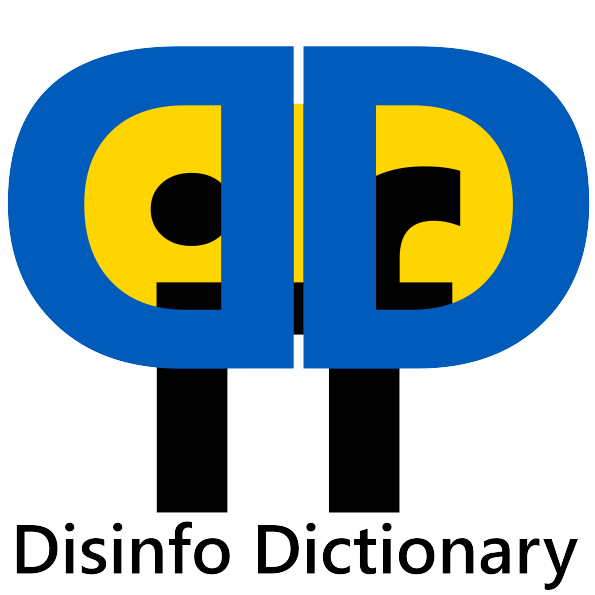59 Peace by Cooperation?
Peace through cooperation? Not if the aggressor only feigns cooperation and relies on raw materials and a war economy.
“Cooperation” is Russia’s tool to deceive Europe and export corruption, mafia and war
59.1 Change through trade?
The narrative of cooperation with Russia is deeply enshrined in Western policy towards Russia and substantially explained on a scientific level through the theory of democratization. This well-thought out liberal approach might have worked, if Russia had had any predisposition to accept Western values. Though the state violates even core norms agreed upon by the international community. Article 2.4 of the UN Charter proclaims the principle of non-intervention, prohibition of threat and use of force against external actors1. As a permanent member of the Security Council with the right to veto Russia was expected to form its foreign policy in compliance with this rule, however it does not. United Nations General Assembly Resolution ES‑11/12 confirms the act of intervention to Ukraine.
The idea that agreement on some points may bring to the full understanding with Russians is quite misleading. All recent efforts to develop closer cooperation with the Russian Federation predominantly failed.
After the Russo-Georgian War in 2008, the Obama administration sought to improve relations between the United States and Russia through the so-called Russian ‘reset’. As part of the new policy, President Obama signed the New Strategic Arms Reduction Treaty (New START) with Russia, which was secured by the subsequent Trump and Biden administrations. Although its prolongation until 2026 was agreed in 2021, on February 21, 2023, during a message to the federal assembly, President Putin stated that Russia would stop participating in the treaty and refuse to implement it in terms of allowing US inspections of Russian nuclear defense facilities.3
The German-Russian Partnership for Modernisation (PfM), launched in 2008, aimed to promote Germany’s economic interests and the rule of law in Russia. This initiative was integrated at the EU level in 2010 to encourage domestic reforms in Russia and enhance bilateral trade, culminating in Russia’s WTO accession in 2012. However, statistical anomalies in the 2011-2012 Russian parliamentary and presidential elections and the authorities’ repressive response to subsequent protests indicated that economic partnership with the West had not improved democratic standards. Following the elections, the Russian government adopted several authoritarian measures, such as requiring NGOs with foreign funding to register as ‘foreign agents’.4
59.2 Eurussia?
President Bill Clinton stated that he put all possible efforts into letting Russia join the West and share common values. Russia was the first country to join the Partnership for Peace, signed Budapest Memorandum and Dayton Accords in cooperation with the West. But in the early 2000s the Russian government made it clear that it doesn’t look for cooperation, instead it seeks revision and opposes the international order created by Western institutions.5 It became more evident through the Munich speech in 2008 and subsequent invasion of Georgia; in 2012 there was strong divergence concerning Libya.
Despite the claims by the Russian leaders that they are ready to restore pragmatic relations with the West, the internal discourse in Russia is completely different. Russian famous TV representative states that “Russia will sink Britain under a nuclear tidal wave and reduce the US to radioactive ash if NATO sends troops into Ukraine”6 7 The history handbooks used in Russian schools, and now on the occupied territories, do not only distort Ukrainian history, but also claim that Western countries have been enemies of the Russian Federation since 1945.8 Authorities in Moscow have renamed the capital city’s Square of Europe to the Square of Eurasia, reflecting the deteriorating relations between Russia and the West due to the ongoing invasion of Ukraine.9
Moreover, the Russian population was long ago not in favor of the West. In 2015, 81% of those surveyed held a negative view of the United States, while only 13% had a positive perception; 71% of respondents viewed the European Union negatively, with 20% holding a positive opinion.10
Some claim that in order to avoid further confrontation Russia must be recognised as a big power and even is eligible to have its sphere of influence not to be a “pariah”. However, the Russian approach to assert itself as an influential actor is to use coercion and military force against neighboring countries (predominantly ex-USSR), which generates constant threats on the European continent and makes lasting peace impossible.
United Nations Charter (full text) | United Nations. https://www.un.org/en/about-us/un-charter/full-text↩︎
UN General Assembly calls for immediate end to war in Ukraine. (2023, February 24). UN News. https://news.un.org/en/story/2023/02/1133847↩︎
Russia suspends new START | Arms Control Association. (n.d.). https://www.armscontrol.org/act/2023-03/news/russia-suspends-new-start↩︎
Siddi, M. (2016). German Foreign Policy towards Russia in the Aftermath of the Ukraine Crisis: A New Ostpolitik? Routledge “Europe-Asia Studies,” Vol. 68, No. 4, June 2016, 665–677.↩︎
Clinton, B. (2022, April 7). Bill Clinton: I Tried to Put Russia on Another Path. The Atlantic. https://www.theatlantic.com/ideas/archive/2022/04/bill-clinton-nato-expansion-ukraine/629499/↩︎
Stewart, W. (2024, April 29). Propagandist warns Russia will sink Britain under a nuclear tidal wave. Mail Online. https://www.dailymail.co.uk/news/article-13362691/Russia-sink-Britain-nuclear-tidal-wave-Putin-propagandist-warns.html↩︎
Van Brugen, I. (2024, April 29). Nuclear Threat Issued to US by Russian State TV. Newsweek. https://www.newsweek.com/russia-ukraine-war-nuclear-threat-us-nato-1895047↩︎
New Russian Schoolbooks Preach Hatred of Ukraine and the West. (2023, September 3). Foreign Policy. https://foreignpolicy.com/2023/09/03/russia-schoolbook-schools-ukraine-west-indoctrination-history-falsification-war-hatred-putin/↩︎
(2024, August 2). Moscow’s ‘Square of Europe’ Renamed to ‘Square of Eurasia.’ The Moscow Times. https://www.themoscowtimes.com/2024/07/24/moscows-square-of-europe-renamed-to-square-of-eurasia-a85815↩︎
Lipman, M. (2020, October 22). How Russia has come to loathe the West. ECFR. https://ecfr.eu/article/commentary_how_russia_has_come_to_loathe_the_west311346/↩︎

